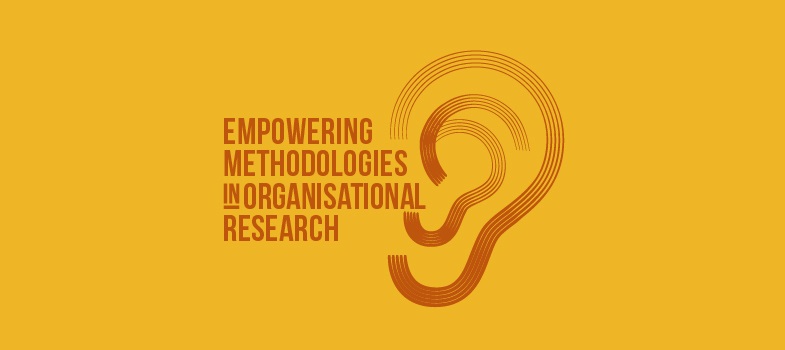Summary and course guide
Why study this course?
Empowering methodologies in organisational research will introduce you to how social science and organisational researchers understand and engage with the concept of empowerment. The course will also enable you to reflect on how you can design and carry out research that is experienced as more empowering by those who participate in it, and by researchers themselves. A key purpose of the course is to highlight the importance of power relations in research practice, and shaping how knowledge is produced. This includes asymmetrical power relationships between researcher(s) who seek to extract data from a particular social setting and research participant(s) who are cultural insiders and control possibilities for access. The course therefore seeks to draw attention to the ethical and political importance of acknowledging and developing methodologies that acknowledge and try to address these power asymmetries in organisational research.
The course is about empowering research as a way of thinking about your own ethical values and the purpose of doing organisational research. This includes thinking about empowerment as a way of reducing inequalities, enhancing social justice and addressing the complex organisational challenges that we face in the world today. However, the course does not make detailed methodological prescriptions. Instead, it invites you to reflect – conceptually and practically - on what the concept of empowering methodologies means.
You may be doing research in a context where there is little support or encouragement offered to you in exploring alternatives to the dominant positivist research paradigm. In taking this course, you will be able to connect with other researchers who may be similarly isolated or marginalised. Through this, you will be able to access a global community of researchers who are interested in making and maintaining spaces for empowering research, sometimes in the face of political pressures to the contrary.

